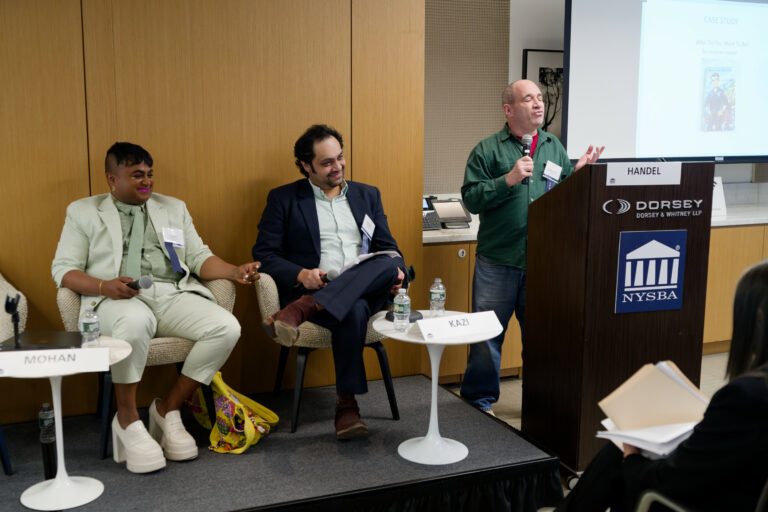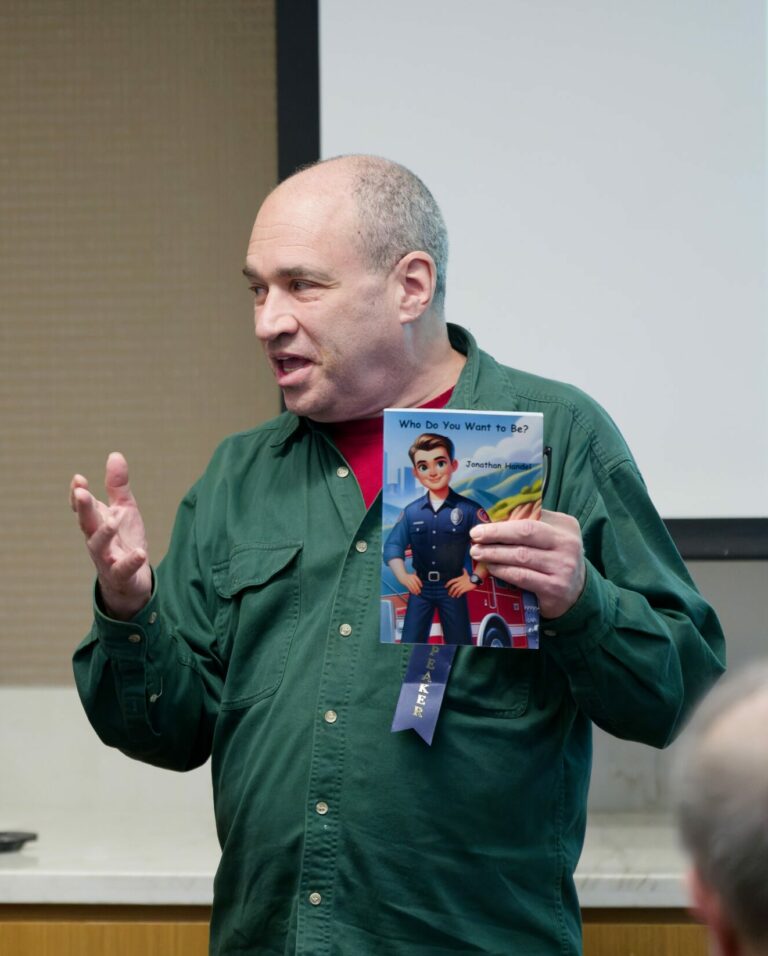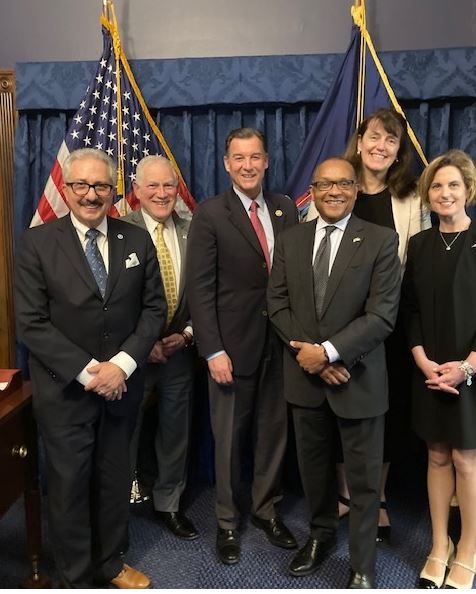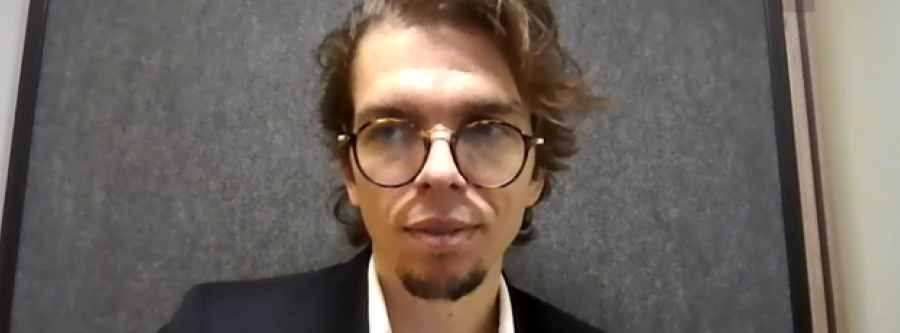Artists Expect a ‘Long Journey’ To Establish AI Protections
1.22.2024

Attorneys are just beginning to navigate the head-spinning legal and business challenges emerging as generative AI technology disrupts the way books are written and illustrated, pictures are painted and films are created.
“We had two strikes this year and it will be a long journey. The dialogue is ongoing and we must be vigilant,” said Ann Burdick, general counsel of the Writers Guild of America, East, in New York City, told lawyers gathered at a Thursday panel held by the Entertainment, Arts and Sports Law Section at the New York State Bar Association’s Annual Meeting in New York City.
Burdick was referring to the months-long strikes by the Writers Guild of America, the Screen Actors Guild and the American Federation of Television and Radio Artists (SAG-AFTRA) last year. The labor unions were calling for better pay and working conditions, as well as fairer contracts that include stipulations about the expanding use of artificial intelligence. The panel was titled “Impact of AI on Entertainment.”
Burdick said the guild’s 148-day strike helped lay out the extent of AI’s impact on the entertainment industry since ChatGPT was launched in November 2022. It showed the need to implement guardrails and provide protection for writers as the technology’s use accelerates and deepens. “It’s an existential threat to writers,” Burdick said, adding it is the latest in a centuries-long struggle between workers and technology.

Jonathan Handel, an entertainment and technology attorney and freelance journalist based in Los Angeles, agreed that workers’ fear of being displaced by technology has been around for 200 years. In this century, technology is impacting workers in the knowledge and creative industries, including illustrators, writers and actors. While the impact may vary, the economic repercussions are severe as people and companies use AI to create books, paintings and even actors. Handel, who also moderated the panel, wondered how digitally replicated actors will influence labor rights, which hinge on the employee-employer relationship.
Umair Kazi, director of advocacy and policy at the Authors Guild in New York, said some claims about AI have been hyperbolic, yet it has had a devastating impact on the income of freelance writers and illustrators. “There has been a steep and quick decline,” said Kazi, pointing to the use of AI to make machine-generated books. Authors’ attorneys are focusing on intellectual property laws, particularly copyright laws, for some protection.
Vishwanath Mohan, counsel at Greenberg Glusker in Los Angeles, said that while some people want to use AI to create artistic content, the U.S. Copyright Office has rejected applications for AI-generated content with an artistic element. “The human involvement in the creation of the content must be more than trivial (mere verbal prompts into an AI tool is not enough),” Mohan said. As a result, much of the content being created with generative AI cannot be copyrighted in the United States. Yet the guidelines vary around the world and AI-generated content has received copyright protection in India, China, and Canada.
Despite all the glamorous litigation — such as The New York Times v. Microsoft Corp. and The Authors Guild v. OpenAI Inc. — Mohan said the case to watch is a lawsuit filed by information services company Thomson Reuters against Ross Intelligence. Thomson Reuters accuses Ross Intelligence of unlawfully copying content from its legal-research platform Westlaw to train a competing artificial intelligence-based platform. A judge decided last September the case should go before a jury this year. “I’m betting the plaintiff will win on this.”






